Commercial truck drivers that operate in the USA are subject to the US Department of Transportation (DOT) rules related to drug and alcohol use1. Simply put, trucker’s are prohibited from alcohol while on duty and prohibited from drug use at all times.
The specific rules around the DOT’s drug and alcohol prohibitions are more complicated than that, and explaining them is not the intent of this article. However, what we will be focusing on is the dangers in products and medications that drivers might take for medical reasons.
Drivers need to understand the importance of passing their drug and alcohol tests. The consequences of failing are severe2, and few employers will tolerate drivers who play loosely with these rules. And even though drug and alcohol test failures can be overcome through the return-to-duty process2, this process can still mean a long period of time where you cannot drive commercially in the USA.
If you are a commercial driver, read on to learn about the potential dangers CBD products and certain prescription medications may pose to your career.
What is CBD oil?
CBD, or cannabidiol, is an oil derived from cannabis (marrijuana); it is also extracted from hemp plants, it does not produce a high, and it is not linked to chemical dependency3. The ingredient in marijuana that causes a high and is tested for in a DOT drug test is tetrahydrocannabinol, or THC, and this latter compound is what the DOT prohibits drivers from using and is what is tested for during a DOT drug test4, 5.
CBD oil and products that contain CBD oil are touted as being beneficial to the health of its users6. It is commonly used for treating pain, anxiety, and many other health concerns. The media has paid much attention to CBD oil in recent years as cannabis increasingly gains legal status and many more people are taking advantage of it for medicinal reasons.
How can CBD products cause problems for truckers?
The DOT is not testing for CBD; they are testing for THC7. However, the main risk that CBD products pose to commercial drivers is that they are not Federally regulated in the USA. This means that even though a product may state that it does not contain THC this does not guarantee that there is indeed no THC present.
The US DOT has been very clear on this issue: a positive drug test for marijuana use will disqualify a commercial driver from driving in the USA no matter what excuse is given for the failure7. This means that marijuana use for medical reasons and unknowingly using a THC-laced batch of a CBD product are not excuses that will have you receive any sort of leniency from the DOT. You will have a failure on your record.
Your drug and alcohol positive testing record is not stored electronically in the Federal Motor Carrier Safety Administration’s (FMCSA) Drug and Alcohol Clearinghouse8. While this information is private, employers are required to check for your name in this database as part of the hiring process and at least annually thereafter8.
Simply put, the consequences for failing a DOT drug or alcohol test are severe. When deciding whether or not to use CBD oil products, truckers need to be aware of the risks and consider alternative products for the management of their health concerns.
Other Things to Consider: Prescription Medications
CBD oil products laced with THC are not the only health-related compounds commercial drivers should approach with caution. Any medication that may trigger a positive result on a DOT drug test can be a career-ender for commercial drivers.
The rules for each specific situation are beyond the scope of this article, but commercial drivers should understand that unless a medical practitioner states that a “substance will not adversely affect the driver’s ability to safely operate a commercial motor vehicle” in accordance with US regulations9, a driver cannot use a prohibited substance for any reason regardless of prescription or legal status in Canada.
As a commercial driver, your health is important for the ability for you to do your job. You must pass regular medical examinations and, if driving into the USA, you must comply with American drug and alcohol testing requirements. As a Canadian driver, this may mean that you cannot enjoy certain freedoms other non-driving members of Canadian society enjoy, but at the end of the day, commercial driving is a privilege and comes with a higher level of personal responsibility than what is required by others.
Summary
All of the different rules and regulations that govern the jobs and lives of truck drivers are complicated, and the US DOT rules around drug and alcohol testing are no exception. It is unfortunate that a potentially beneficial product like CBD oil cannot be enjoyed with complete peace of mind by commercial drivers, but at this point in time the only way to be completely free from worry with CBD oil as a trucker is to not use it.
If you suffer from chronic pain and anxiety as a truck driver, you are not alone. However, off-the-shelf products from alternative health providers may pose risks to your US driving career that are best avoided by abstaining from their use.
References
1 – “DOT Guidance on Compliance with DOT Drug and Alcohol Testing Regulations”, U.S. Department of Transportation, accessed May 13, 2021, https://www.transportation.gov/odapc/compliance-with-dot-drug-and-alcohol-testing-regulations
2 – “What if I fail or refuse a test?”, Federal Motor Carrier Safety Administration, accessed May 13, 2021, https://www.fmcsa.dot.gov/regulations/drug-alcohol-testing/what-if-i-fail-or-refuse-test
3 – “Cannabidiol (CBD) — what we know and what we don’t”, Harvard Health Publishing, accessed May 15, 2021, https://www.health.harvard.edu/blog/cannabidiol-cbd-what-we-know-and-what-we-dont-2018082414476
4 – “§382.213 Controlled substance use”, Electronic Code of Federal Regulations, accessed May 15, 2021, https://www.ecfr.gov/cgi-bin/retrieveECFR?gp=1&ty=HTML&h=L&mc=true&=PART&n=pt49.5.382
5 – “PART 1308 — Schedules of Controlled Substances”, U.S. Department of Justice, accessed May 15, 2021, https://www.deadiversion.usdoj.gov/21cfr/cfr/1308/1308_11.htm
6 – “7 Benefits and Uses of CBD Oil (Plus Side Effects)”, Healthline, accessed May 15, 2021, https://www.healthline.com/nutrition/cbd-oil-benefits
7 – “DOT “CBD” Notice”, U.S. Department of Transportation, accessed May 13, 2021, https://www.transportation.gov/odapc/cbd-notice
8 – “Welcome to the Drug and Alcohol Clearinghouse”, Federal Motor Carrier Safety Administration, accessed May 13, 2021, https://clearinghouse.fmcsa.dot.gov/
9 – “§382.213 Controlled substance use”, Electronic Code of Federal Regulations, accessed May 15, 2021, https://www.ecfr.gov/cgi-bin/retrieveECFR?gp=1&ty=HTML&h=L&mc=true&=PART&n=pt49.5.382




Comments are closed